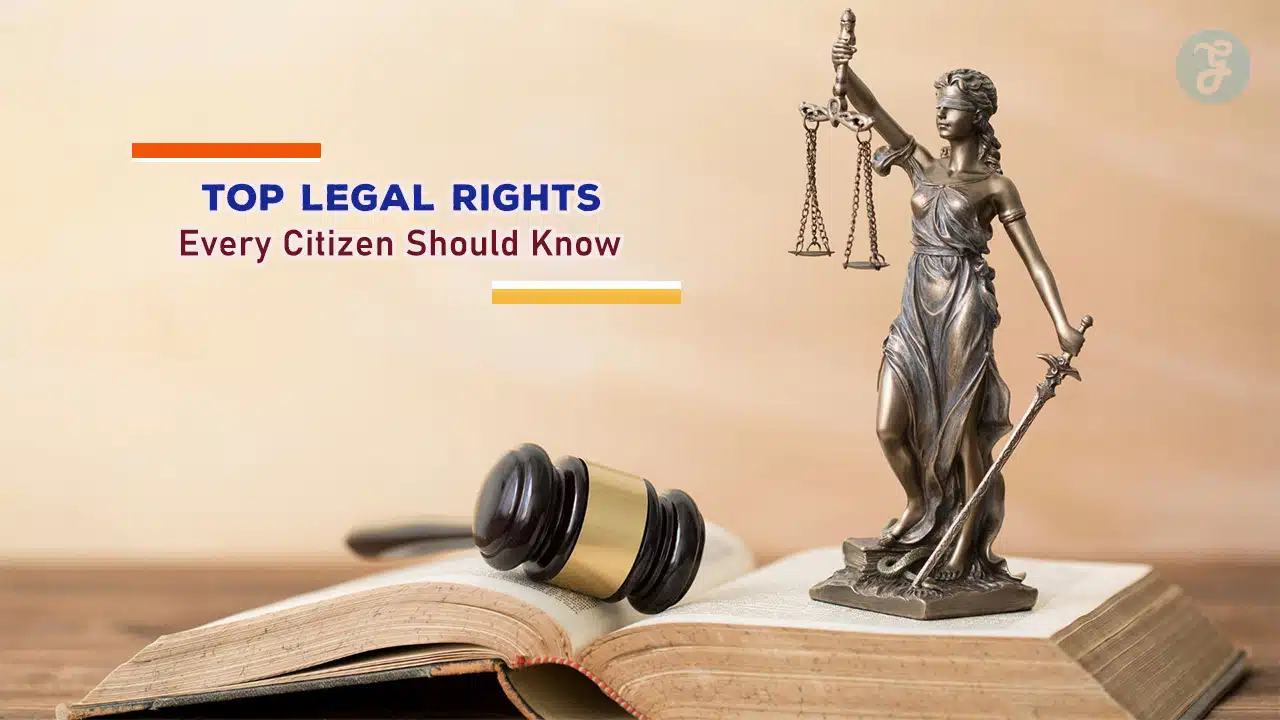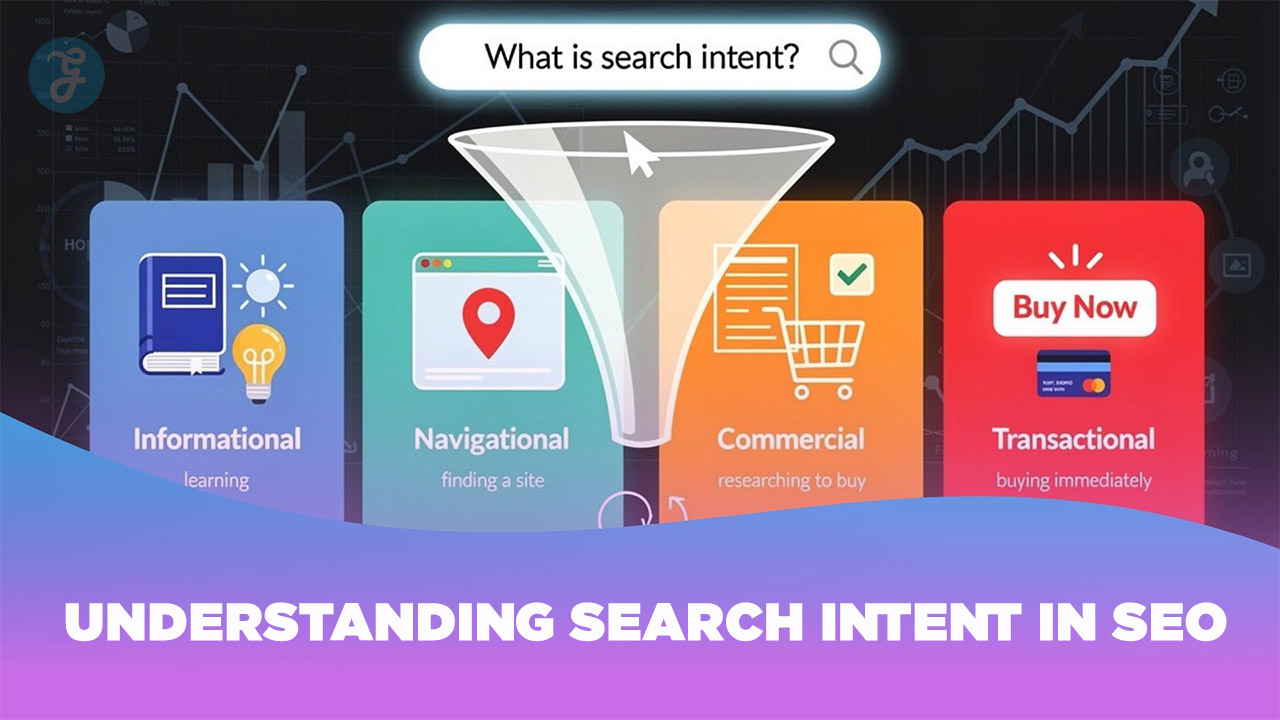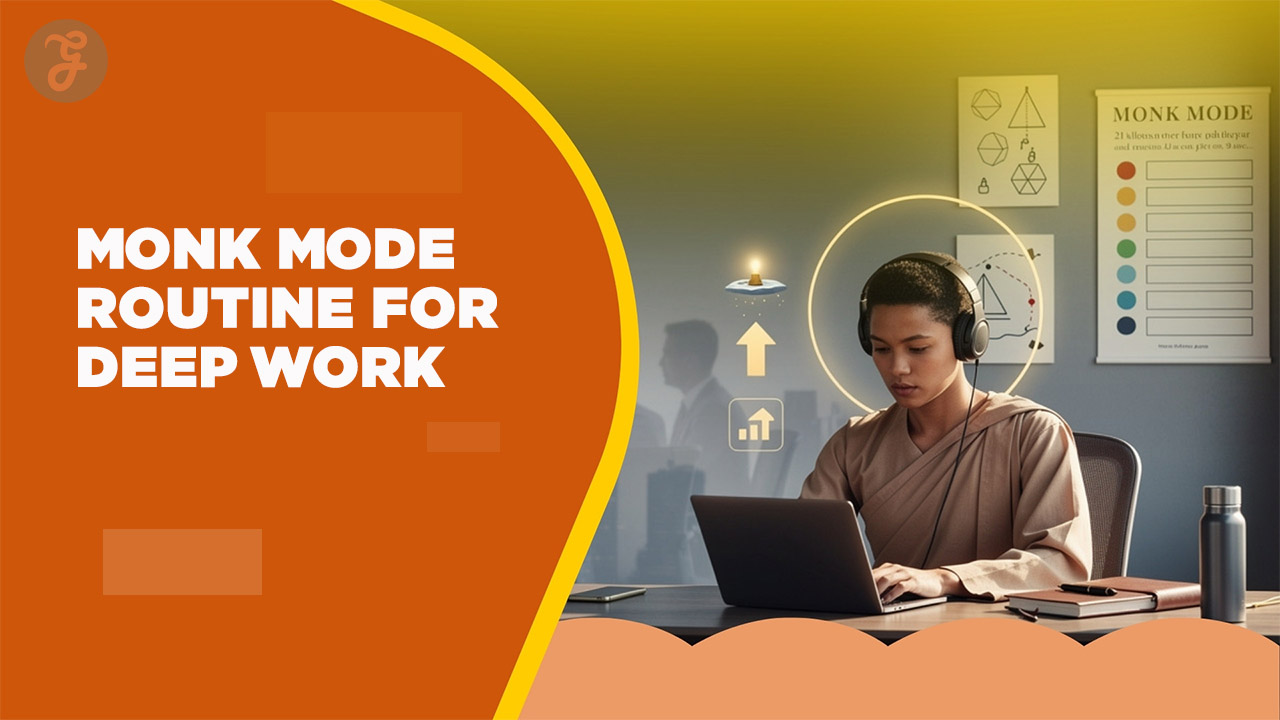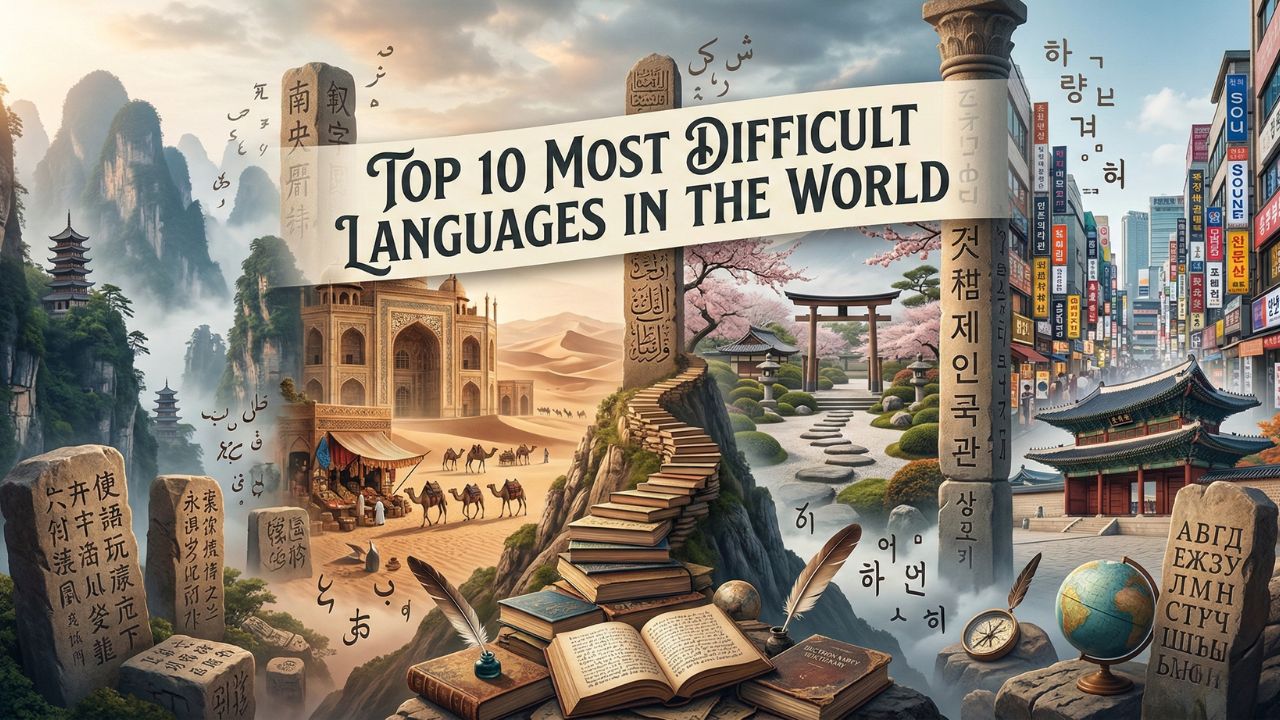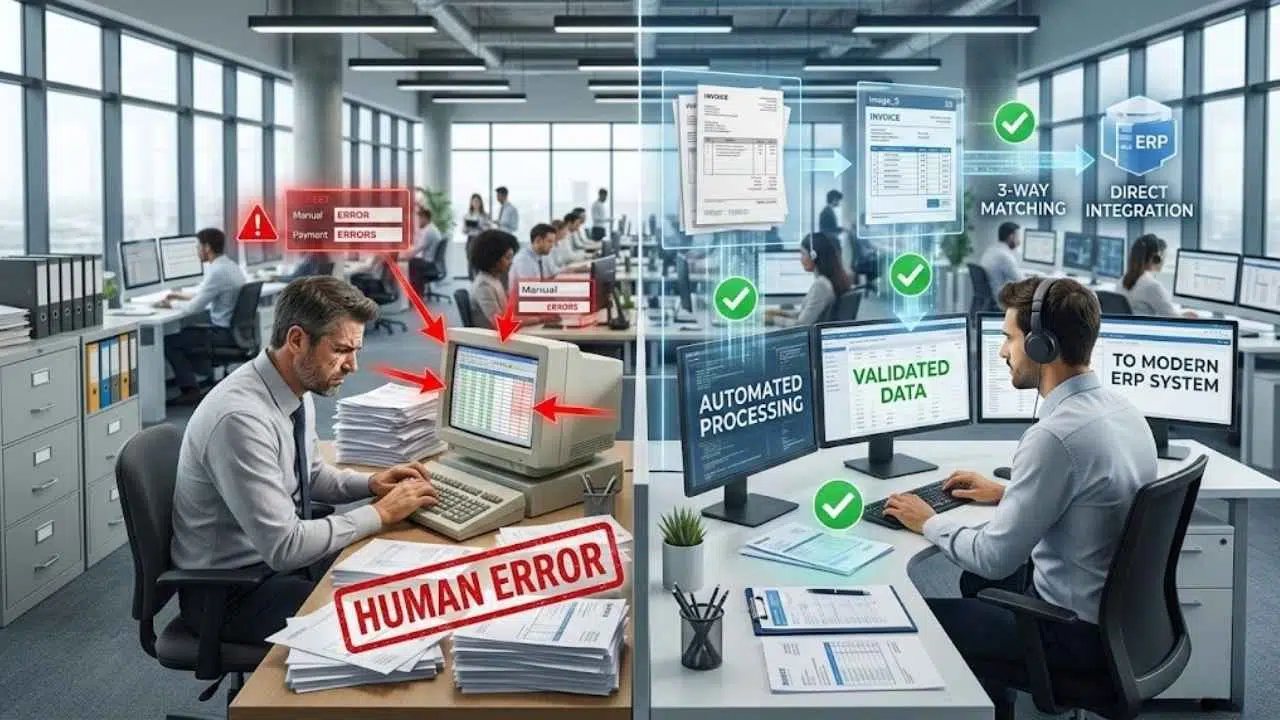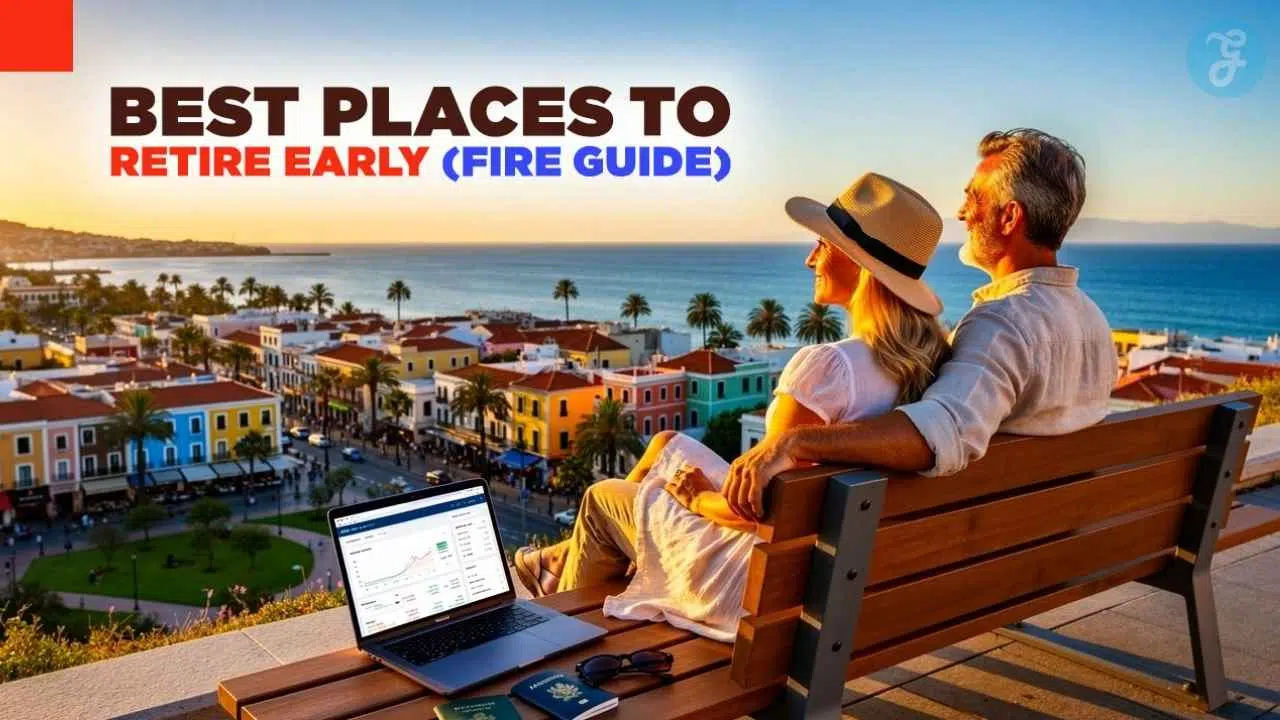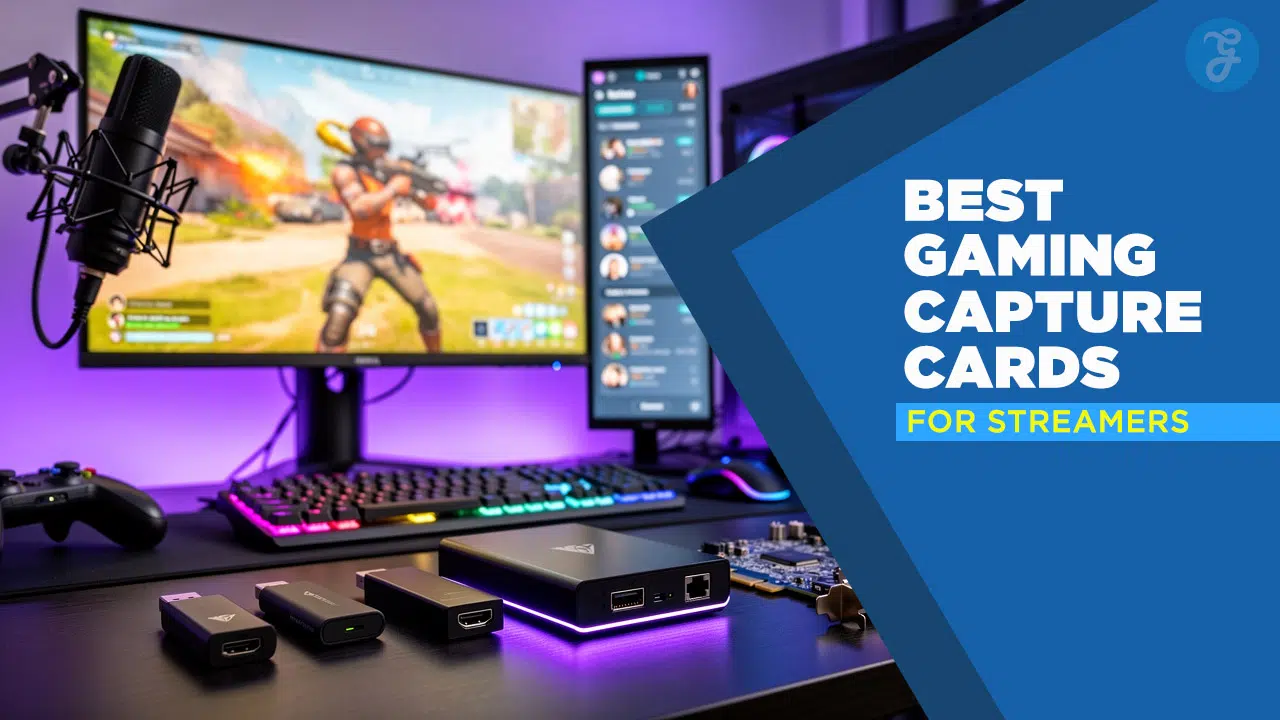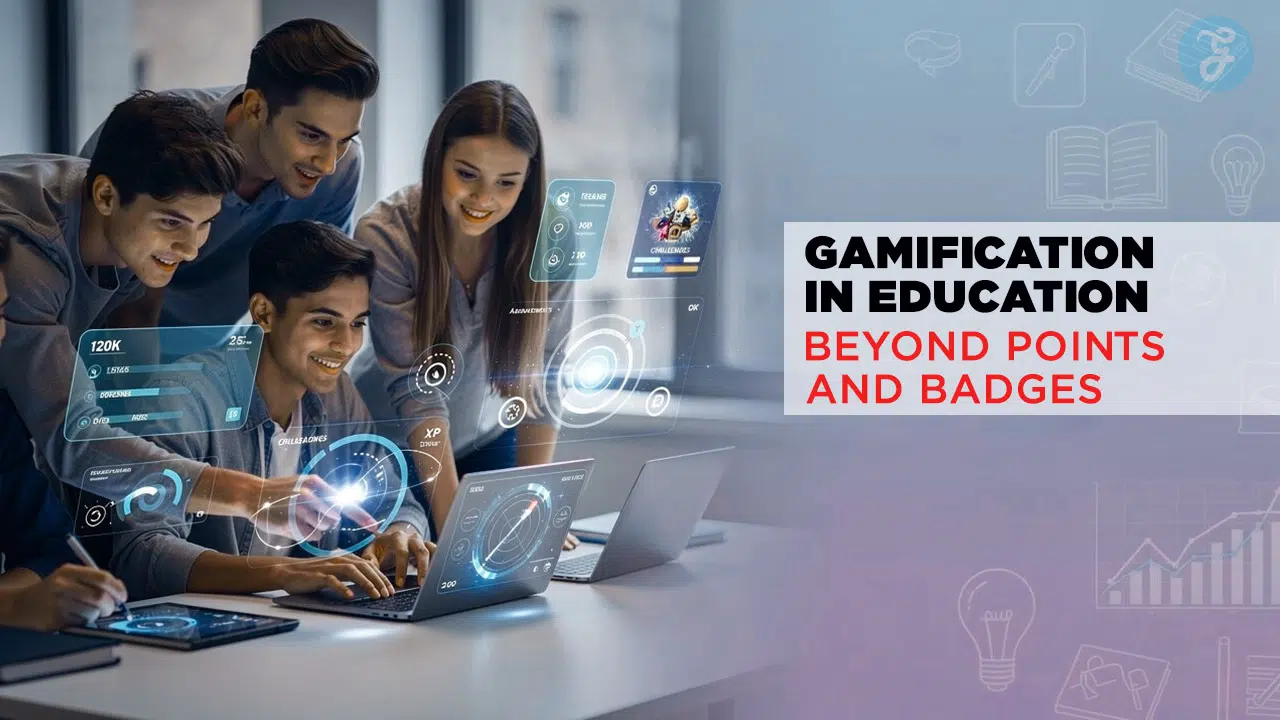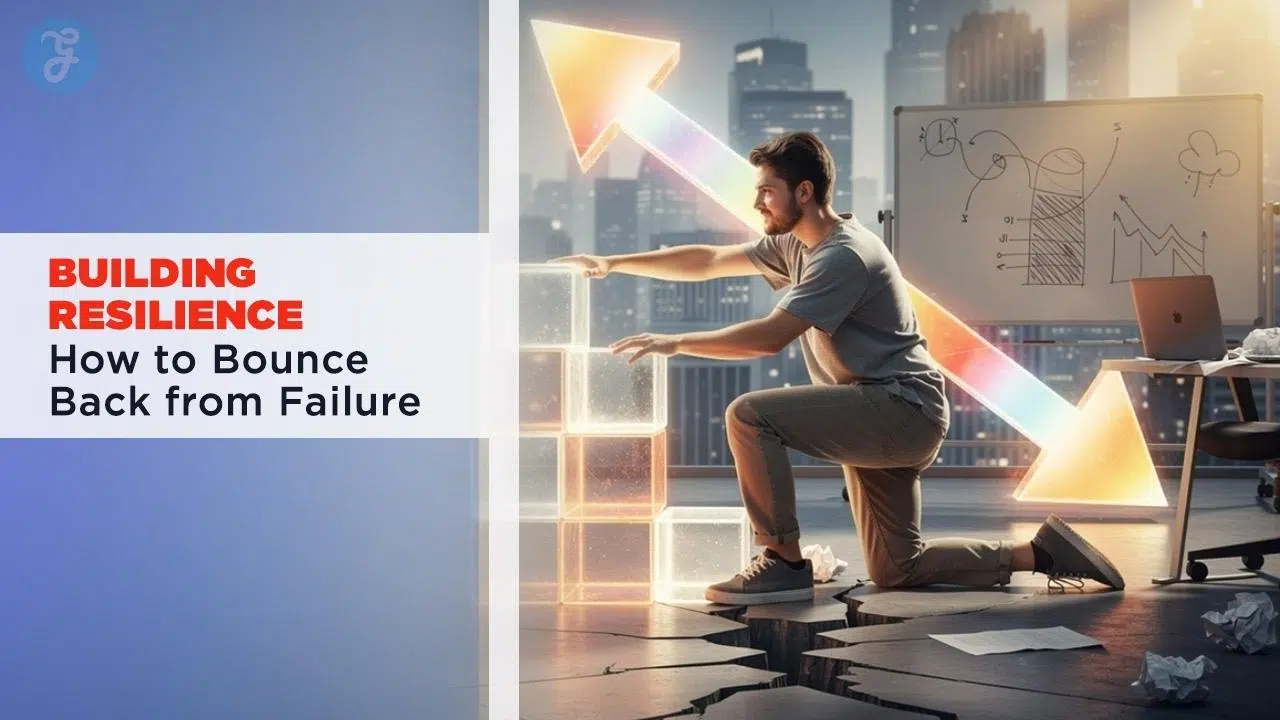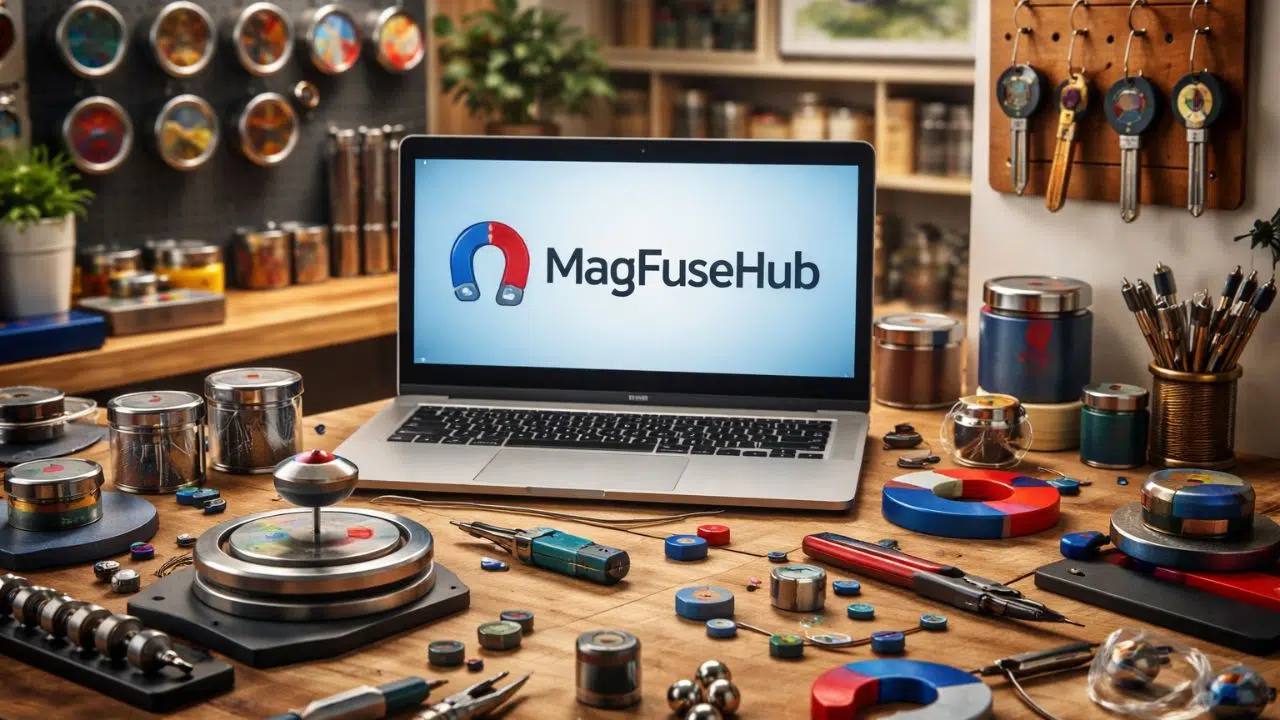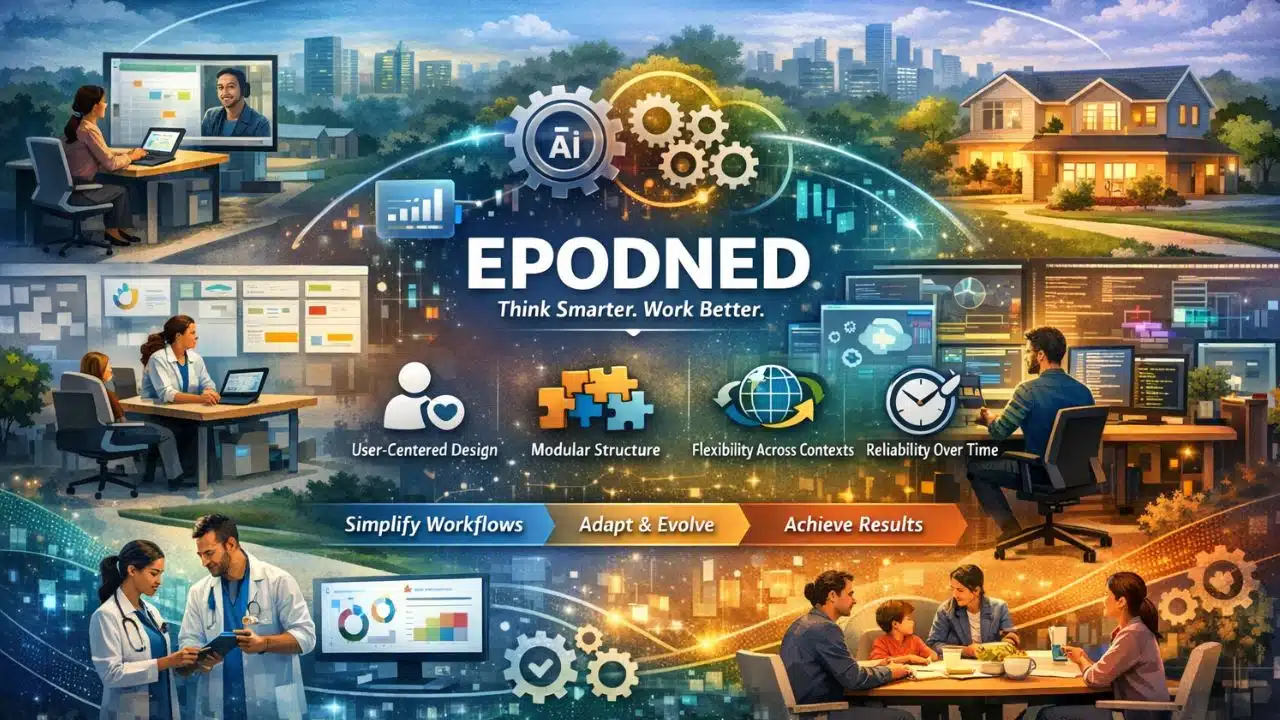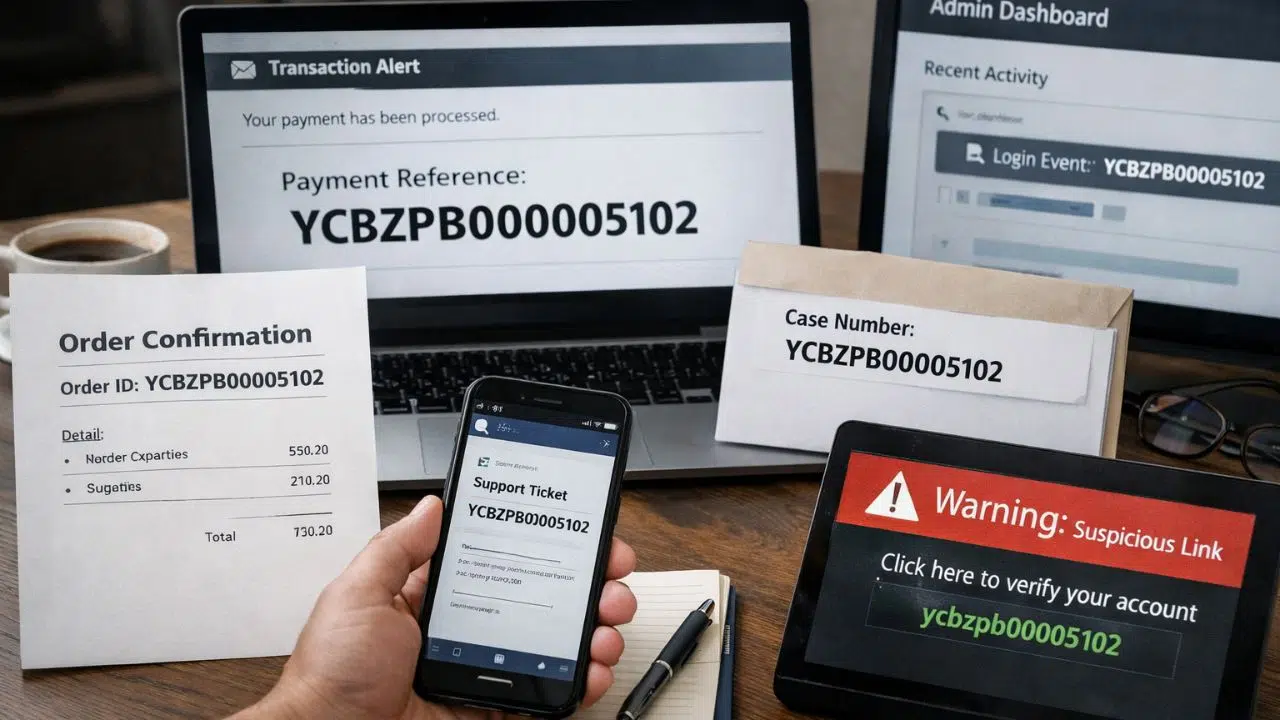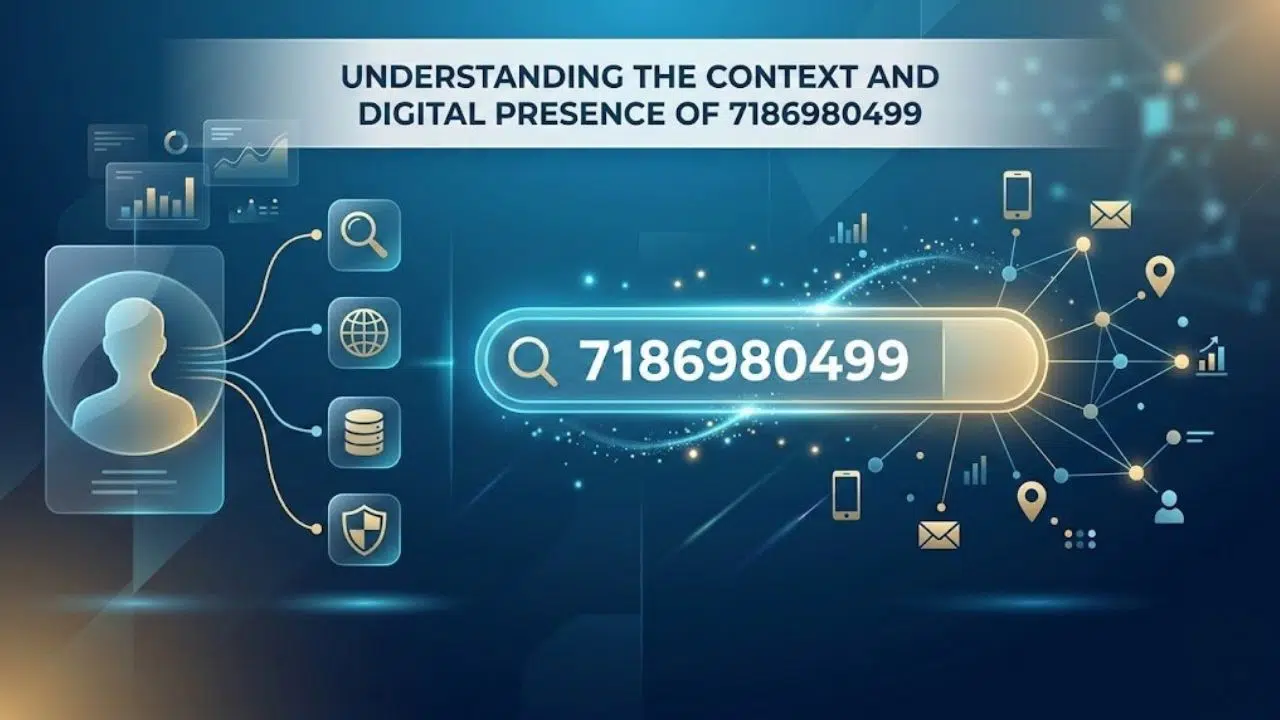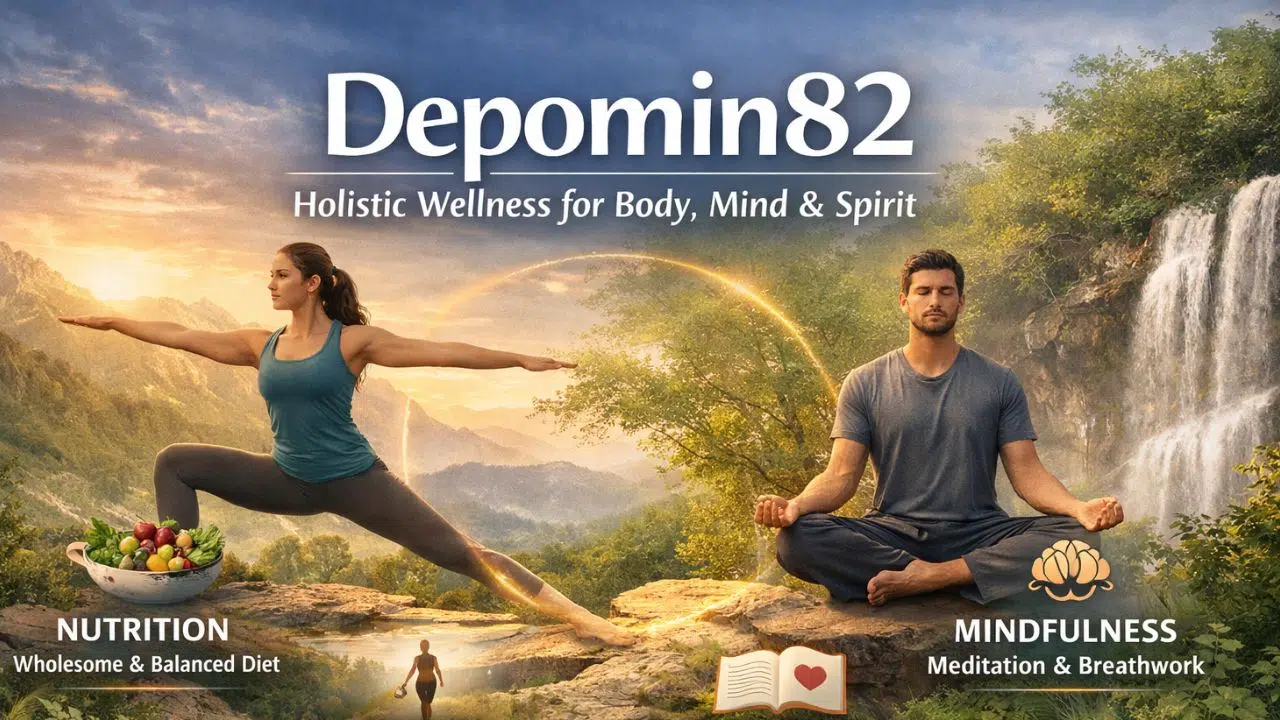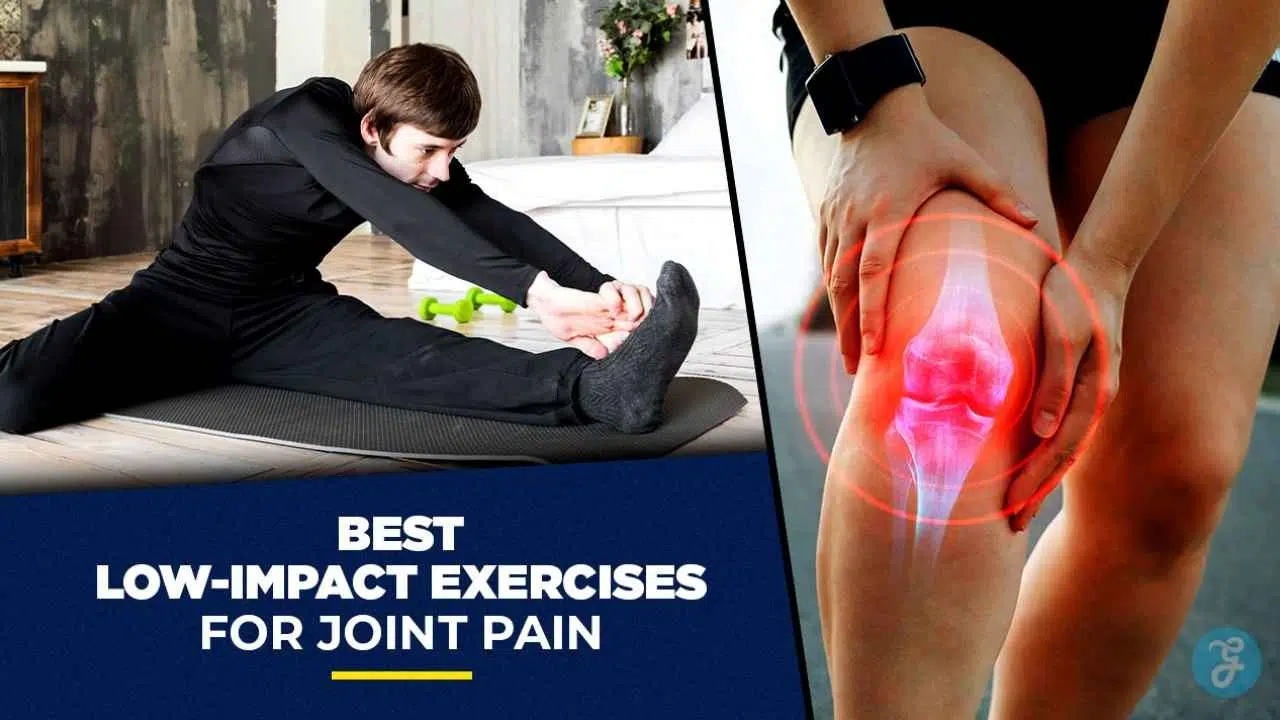In today’s complex world, knowing your legal rights is essential. Whether you’re interacting with law enforcement, dealing with workplace issues, or simply going about your day-to-day life, understanding your rights can protect you from abuse, discrimination, and injustice.
Legal rights exist to safeguard your freedoms and ensure you are treated fairly, but many citizens are unaware of the rights they possess.
By familiarizing yourself with these fundamental legal rights, you can better navigate legal situations and protect yourself and others.
In this article, we’ll explore the top 10 legal rights every citizen should know, and explain why these rights are vital to maintaining personal freedom and justice in society.
1. The Right to Free Speech
One of the most fundamental rights in a democracy is the right to free speech. This right allows individuals to express their opinions, beliefs, and ideas without fear of government retaliation.
The First Amendment to the Constitution of the United States protects this right, but free speech is also a fundamental principle in many other democratic nations.
Why It’s Important:
Free speech is essential for open dialogue, political discourse, and social progress. It allows people to challenge government policies, criticize leaders, and advocate for change.
Without free speech, societies cannot grow or address important issues.
Limitations and Misuse:
While free speech is broad, it is not absolute. In many countries, certain types of speech—such as hate speech, defamation, or incitement to violence—are not protected.
Balancing free speech with the rights and dignity of others is essential for maintaining harmony in society.
Practical Application:
Citizens can exercise their right to free speech in various ways, such as engaging in peaceful protests, writing opinion pieces, or speaking out on social media.
However, it’s important to be aware of the legal boundaries in different situations.
2. The Right to Privacy
The right to privacy protects individuals from unwarranted intrusions into their personal lives by the government, corporations, or other individuals.
This right has become increasingly important in the digital age, where personal data can be easily accessed and exploited.
Why It’s Important:
Privacy is essential for maintaining personal freedom and autonomy.
Without the right to privacy, individuals could be subject to constant surveillance, data breaches, or unauthorized access to personal information.
What It Covers:
The right to privacy typically includes protection of personal spaces (such as your home), communications (such as phone calls and emails), and personal information (such as financial or medical records). Laws such as the General Data Protection Regulation (GDPR) in Europe, as well as data protection laws in other regions, have been enacted to safeguard personal data.
Practical Application:
To protect your privacy, you can take steps such as using encryption for online communications, being mindful of the personal information you share, and knowing your rights regarding government or corporate surveillance.
If your privacy is violated, legal recourse may be available.
3. The Right to a Fair Trial
The right to a fair trial ensures that anyone accused of a crime is given a fair and impartial legal process.
This right is essential for preventing wrongful convictions and ensuring that justice is administered properly.
Why It’s Important:
A fair trial is fundamental to the rule of law. Without this right, individuals could be unfairly convicted based on insufficient evidence, coerced confessions, or biased legal proceedings.
What It Covers:
The right to a fair trial includes several key protections, such as the presumption of innocence, the right to legal representation, the right to present evidence, the right to cross-examine witnesses, and the right to an impartial jury.
It also guarantees that the trial process is public and transparent.
Practical Application:
In criminal cases, this right allows defendants to have a fair opportunity to defend themselves. Even in civil cases, fair trial protections ensure that legal disputes are handled justly. If someone feels their right to a fair trial is being compromised, they can appeal to higher courts.
4. The Right to Remain Silent
The right to remain silent is a legal protection against self-incrimination. In the United States, this right is famously part of the “Miranda rights” that police must inform individuals of during an arrest.
Why It’s Important:
This right ensures that individuals are not coerced into confessing to crimes or saying something that could be used against them in court.
It protects individuals from pressure during police interrogations.
When It Applies:
The right to remain silent is most relevant when an individual is being questioned by law enforcement.
It allows them to refrain from answering questions until they have legal representation.
Practical Application:
If you are arrested or questioned by police, you can invoke your right to remain silent by clearly stating that you wish to exercise this right and will not speak until your attorney is present.
This helps ensure that you do not say anything that could be misinterpreted or used against you in a legal proceeding.
5. The Right to Vote
The right to vote is one of the most important civic rights in a democracy. It allows citizens to participate in the democratic process by choosing their leaders and influencing government policies.
Why It’s Important:
Voting is the primary way citizens have a direct impact on how they are governed.
It is a cornerstone of democracy and ensures that government officials are accountable to the people they serve.
Eligibility and Restrictions:
Voting rights vary by country and are subject to certain eligibility requirements, such as age, citizenship, and residency.
Unfortunately, some citizens face barriers to voting, such as disenfranchisement or restrictive voter ID laws.
Practical Application:
To exercise your right to vote, make sure you are registered in your area, stay informed about upcoming elections, and know your polling place.
Protect your right to vote by being aware of your local voting laws and knowing how to report any issues, such as voter suppression or irregularities.
6. The Right to Equal Treatment Under the Law
regardless of their race, gender, religion, or background, everyone has the right to equal treatment under the law.
Why It’s Important:
This right is crucial for ensuring justice and fairness in society. It protects against discrimination and ensures that everyone has access to the same legal protections and opportunities.
What It Covers:
Equal treatment laws apply to various aspects of public life, including employment, housing, education, and law enforcement.
In the U.S., for example, the Civil Rights Act of 1964 prohibits discrimination based on race, color, religion, sex, or national origin.
Practical Application:
You have the right to lodge a complaint or file a lawsuit if you think you are the victim of discrimination, whether it be at work, by a public institution, or in any other setting.
Many countries have anti-discrimination laws in place that offer protections and recourse.
7. The Right to Assemble and Protest
The right to peacefully assemble and protest allows citizens to gather and express their views, particularly in opposition to government policies or societal issues.
It is a key aspect of democratic engagement.
Why It’s Important:
Peaceful protest is a vital tool for citizens to express their grievances and push for social or political change.
Throughout history, protests have led to significant shifts in policy and government actions.
Limitations and Responsibilities:
While the right to assemble is fundamental, it comes with certain restrictions. Protests must remain peaceful, and in some cases, permits may be required.
Violent protests or those that threaten public safety may be restricted.
Practical Application:
If you wish to organize or participate in a protest, ensure that you follow local laws, such as obtaining necessary permits and adhering to designated protest areas.
Know your rights regarding police interactions during protests to protect yourself from unlawful detainment or mistreatment.
8. The Right to Work in a Safe Environment
Every employee has the right to work in a safe environment. Labor laws and workplace safety regulations that ensure employers provide safe and healthy working conditions protect this right.
Why It’s Important:
Safe working conditions protect employees from injury, illness, and exploitation.
This right ensures that workers are treated fairly and are not exposed to unnecessary hazards.
What It Covers:
Workplace safety laws, such as the Occupational Safety and Health Act (OSHA) in the U.S., require employers to provide safety training, maintain equipment, and address workplace hazards.
Workers are also protected against discrimination, harassment, and unsafe labor practices.
Practical Application:
Employees should report unsafe working conditions to their employer or regulatory agencies, such as OSHA.
If these conditions are not addressed, legal action may be taken to protect workers’ rights. Additionally, knowing your rights around breaks, fair pay, and workplace discrimination is essential for ensuring a fair working environment.
9. The Right to Be Free from Unreasonable Searches and Seizures
The right to be free from unreasonable searches and seizures protects individuals from unwarranted intrusions by the government or law enforcement.
This right is enshrined in laws such as the Fourth Amendment to the U.S. Constitution.
Why It’s Important:
This right ensures that law enforcement must have probable cause or a warrant before entering your home or searching your property.
It prevents arbitrary invasions of privacy and protects against abuse of power.
What It Covers:
Although there are some exceptions, such as when evidence is in plain view or during an arrest, law enforcement typically needs a valid warrant from a judge to search private property.
Practical Application:
If law enforcement attempts to search your home or property without a warrant, you have the right to refuse unless they have a valid legal reason.
Be aware of your rights during traffic stops or public encounters, as these protections apply there as well.
10. The Right to Freedom of Religion
The right to freedom of religion ensures that individuals are free to practice any religion, or none at all, without interference from the government or persecution.
Why It’s Important:
Religious freedom is a fundamental human right that protects the diversity of beliefs and ensures that individuals can follow their faith without fear of discrimination or punishment.
What It Covers:
This right includes the freedom to worship, express religious beliefs, and engage in religious practices.
It also includes protections against being forced to participate in religious activities or face discrimination based on religion.
Practical Application:
If you face religious discrimination at work, in schools, or in public places, you have legal grounds to file a complaint.
Laws like the Religious Freedom Restoration Act (RFRA) in the U.S. offer protections for religious expression, ensuring that individuals can practice their faith freely.
Conclusion
Understanding your legal rights is essential for protecting your freedoms and ensuring that you are treated fairly in all aspects of life.
From the right to free speech to the right to vote, these 10 legal rights are fundamental for every citizen. By knowing and exercising these rights, you empower yourself to advocate for justice and fairness, both for yourself and others.
Legal literacy is key to a functioning democracy, and knowing your rights can help you navigate various legal situations with confidence.
Continue educating yourself about your rights, and remember that if you ever face a situation where your rights are being violated, legal recourse is available. Empowerment begins with knowledge.


